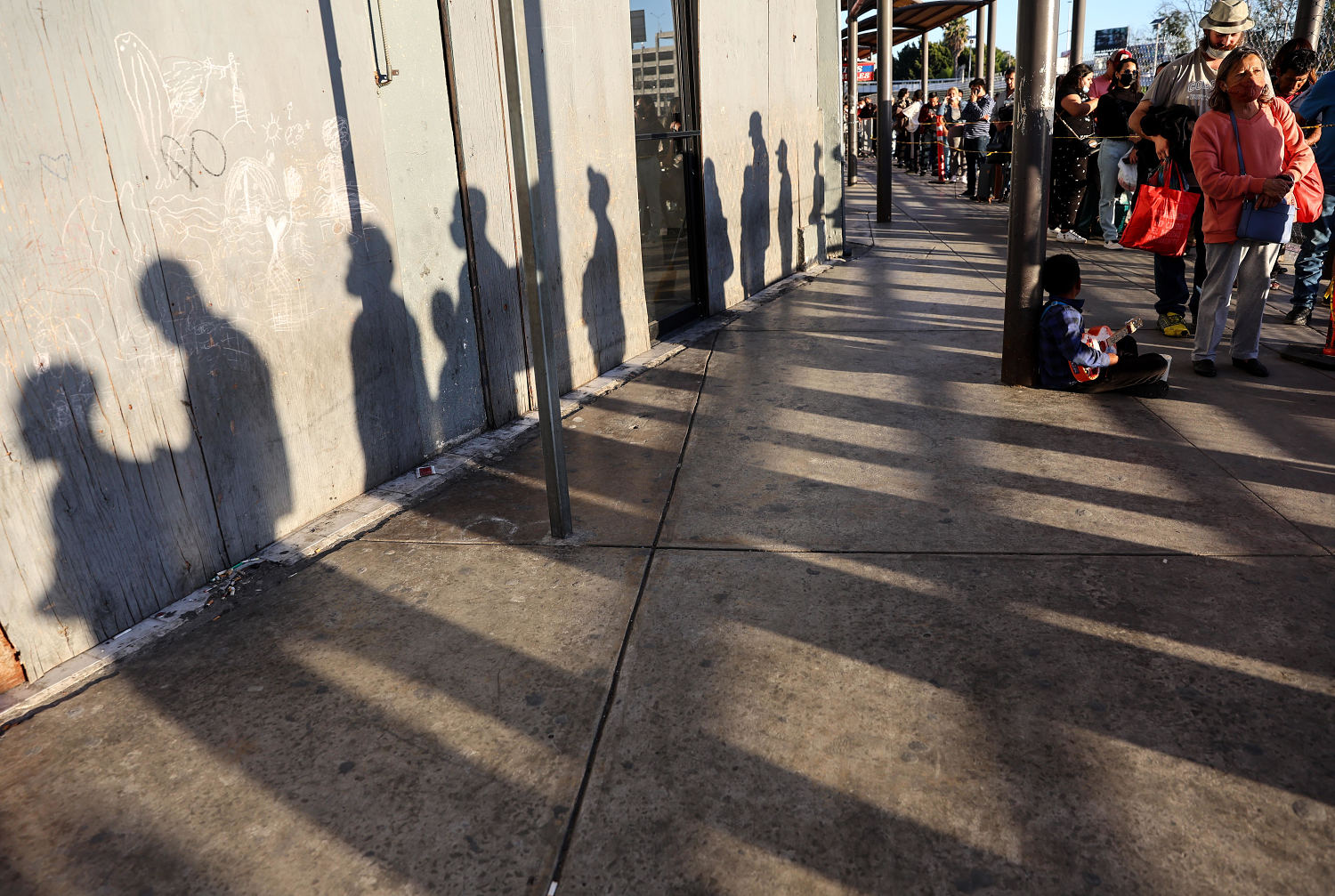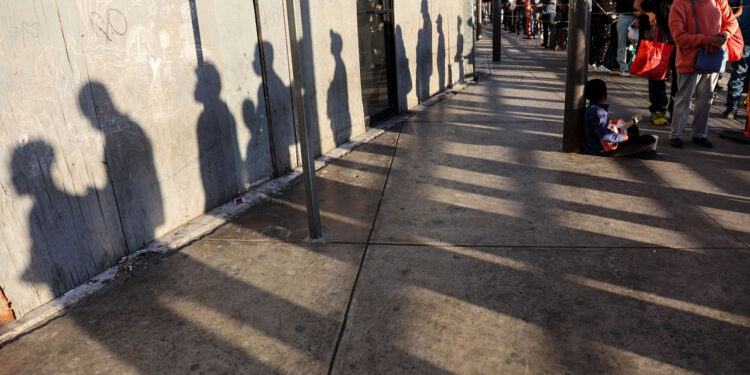
A federal judge in California awarded over $1 million to two children siblings who were held by Customs and Border Protection in 2019 even though the siblings are U.S. citizens, court records show.
Most of that amount went to the sister, then 9, who was held in custody for around 34 hours after she and her 14-year-old brother were stopped while using the San Ysidro border crossing from Mexico to California.
U.S. District Judge Gonzalo Curiel on Friday awarded $1.1 million to the sister; $175,000 to the brother, who was held for around 14 hours; and $250,000 to their mother, Thelma Medina, records show. The family filed a lawsuit in 2022.
Curiel wrote in his opinion that the children’s detention violated the Fourth Amendment, which protects against unreasonable search and seizure.
“The Court therefore concludes that the United States’ conduct was extreme and outrageous,” he wrote. “Nor was any thought given to the probable consequences that holding the Children for 14 and 34 hours would have on them.”
The children lived with their parents in Tijuana, Mexico, but were born in the U.S. and are citizens who attended school in San Ysidro, California, according to court documents.
The siblings were stopped on March 18, 2019, as they used the pedestrian bridge after a CBP officer saw what that officer thought was a mole on the sister’s passport card picture, when she has no mole, according to court documents.
At a secondary inspection, an officer was selected “because he had a reputation for obtaining confessions,” Curiel wrote. The brother gave an incorrect answer about when he and his sister had last crossed together, and she was then taken for an individual interview.
The family who sued said the sister was pressured into saying she was someone else, a cousin, while the U.S. government argued her brother said she was the cousin without being prompted by officers. Curiel did not accept the U.S. explanation, doubting why the sister would falsely confess to being someone else if that were the case.
“It was not reasonable to detain a 9-year-old and 14-year-old on suspicion of a false claim of citizenship while their mother and Julia’s godmother were trying to reach them and without doing any further investigating for over 5 hours in the middle of the workday,” Curiel wrote.
While her child was in custody, Medina tried in vain to get answers from the CBP. She contacted Coronado, California, police, and also called the Mexican consulate pleading for help, she said in the lawsuit.
Medina’s suit calls the time of separation “33 hours of terror.” It alleged that during her daughter’s time in custody the girl “asked about her parents and brother, and she often cried.”
She suffered night terrors after she was released, and had to see a therapist, court documents say.
A spokesperson for CBP did not immediately respond to a request for comment Wednesday evening.
A bench trial — meaning it was before a judge and not a jury — was held in March. Curiel in Friday’s ruling found that the government was liable for false imprisonment, intentional infliction of emotional distress and negligence.
Medina said in a statement through her attorney Wednesday that, “We are so thankful to Judge Curiel for caring about what happened to my children.”
The attorney, Joe McMullen, said after the incident came to light, “CBP leadership took no steps to investigate or correct that behavior.” He said no other child should be treated the way the siblings were.
The San Ysidro Port of Entry is the busiest land crossing with Mexico in the U.S. It processes an average of around 70,000 northbound vehicle passengers and 20,000 northbound pedestrians each day, the government says.
San Ysidro is a part of San Diego that is right across the U.S.-Mexico border from Tijuana.







